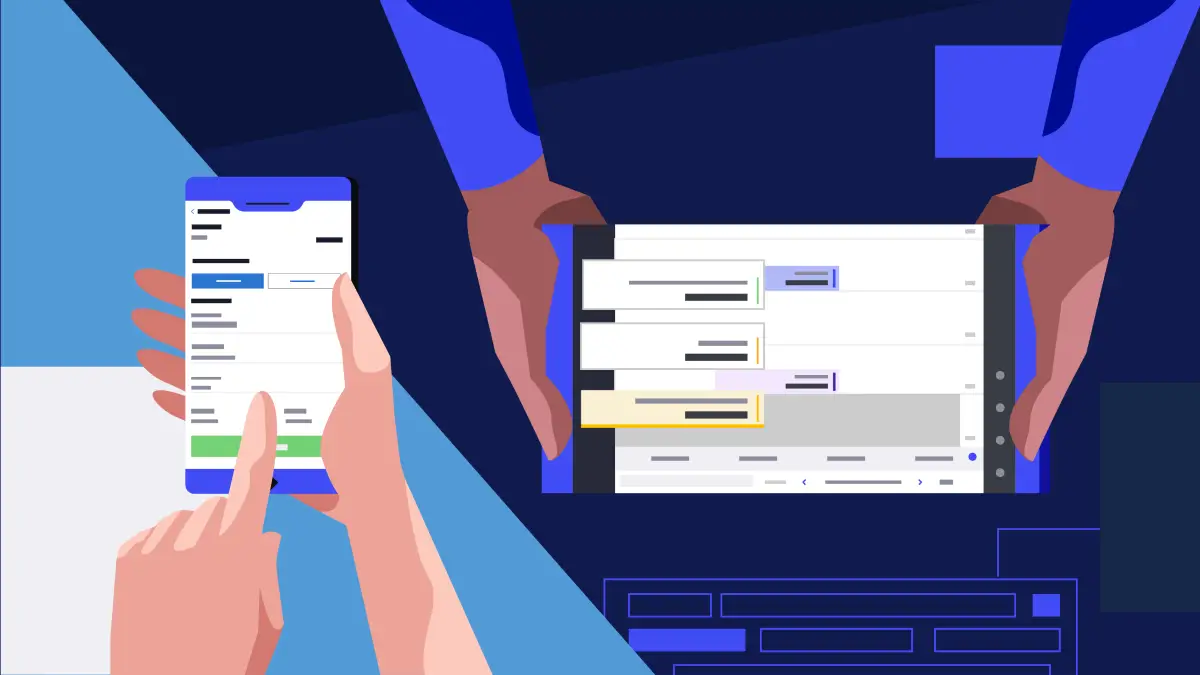
In today’s digital world, a website is more than just a helpful addition to your sports facility—it’s essential for success. Whether you manage a gym, fitness center, or wellness club, having a professional website builds credibility, attracts new clients, and serves as a virtual front desk available 24/7. It allows for online bookings, promotes special offers, and keeps your clients engaged with updates and blogs. A well-designed website will enhance client satisfaction, boost retention, and set your facility up for long-term success.




